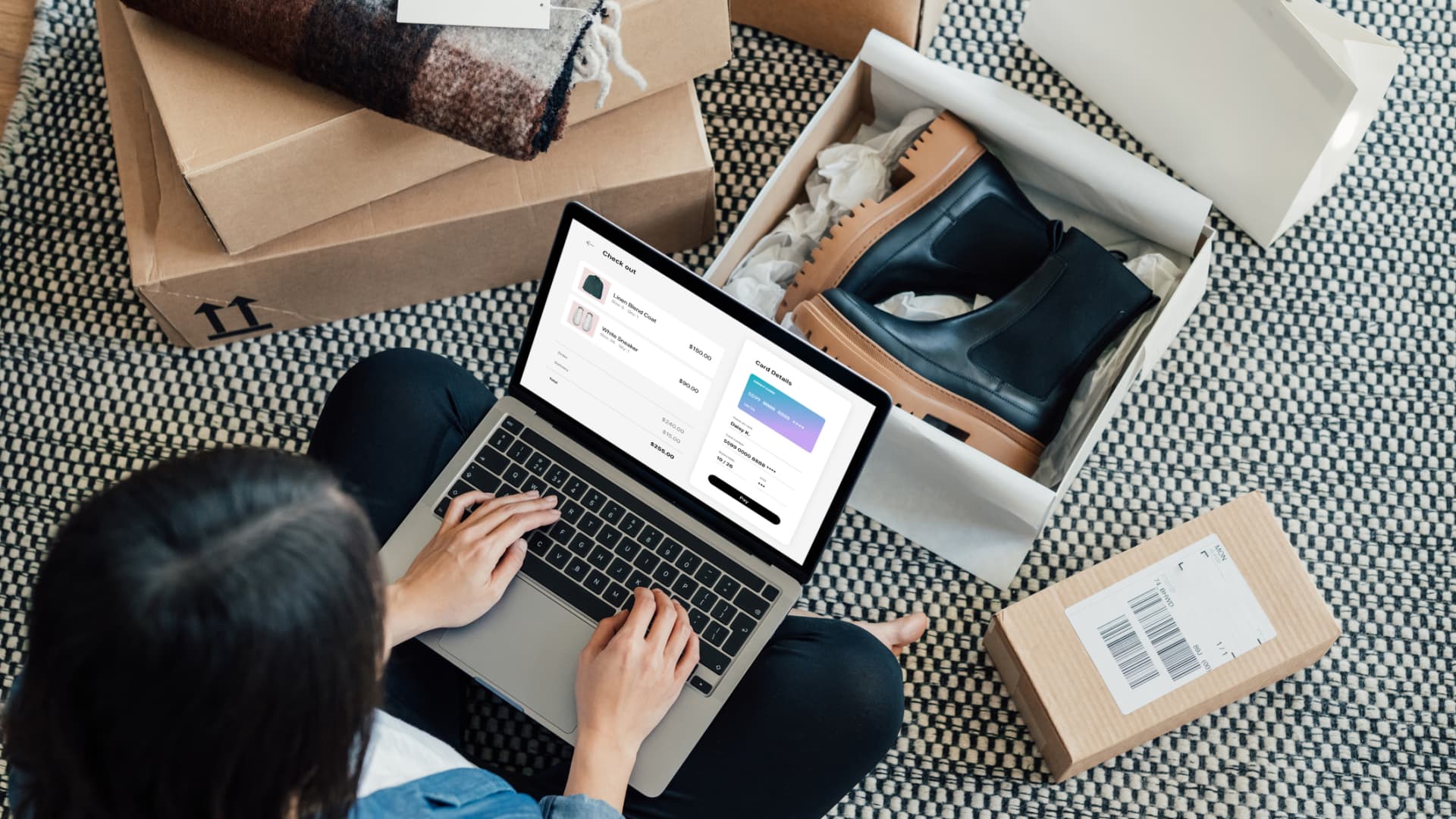The party may be over for “buy now, pay later.”
The Consumer Financial Protection Bureau said Thursday that these installment payments come with “several areas of risk of consumer harm,” including data harvesting, debt accumulation and “loan stacking” — or juggling multiple payment plans at once.
At the same time, BNPL lenders “do not offer protections that are standard elsewhere,” according to the consumer watchdog’s report.
“Buy now, pay later is a rapidly growing type of loan that serves as a close substitute for credit cards,” CFPB Director Rohit Chopra said in a statement. “We will be working to ensure that borrowers have similar protections, regardless of whether they use a credit card or a buy now, pay later loan.”
More from Personal Finance:
Pay isn’t keeping up with inflation, survey finds
More Americans are tapping buy now, pay later services
These steps can help you tackle stressful credit card debt
BNPL is essentially an interest-free loan, which “gained traction with consumers who seek the flexibility of being able to pay for goods and services over time, but who may have been leery of other credit products,” the CFPB said.
However, as it has become more popular, users have become more prone to overspending and missed or late payments, the report also found. That behavior has hurt some borrowers’ credit history.
“Buy now, pay later is engineered to encourage consumers to purchase more and borrow more,” the report said. “As a result, borrowers can easily end up taking out several loans within a short timeframe at multiple lenders or buy now, pay later debts may have effects on other debts.”
Marshall Lux, a fellow at the Mossavar-Rahmani Center for Business and Government at the Harvard Kennedy School, called the government’s findings “very encouraging.”
“It was certainly a call out to non-banks that it’s going to be tougher going forward,” Lux said. The “good news is they will be regulated,” he added.
Still, the CFPB report is based on data from earlier in the year and “doesn’t reflect the damage that is happening in the last number of months,” Lux said. “Inflation has gone through the roof.”
Now, more consumers are tapping buy now, pay later services for “essential” purchases, such as groceries, as rising prices make it harder to cover everyday costs, other data show.
Further, BNPL’s rapid growth is driven primarily by younger consumers, with two-thirds of BNPL borrowers considered subprime, Lux noted, which makes them especially vulnerable.
It will also take time for the government to implement more oversight, he added. And in the meantime, “more damage is going to get done.”
In the “best-case scenario, the report causes something to change but I think what is more likely is, it’ll just simply take time for this to have an impact,” Lux said.
